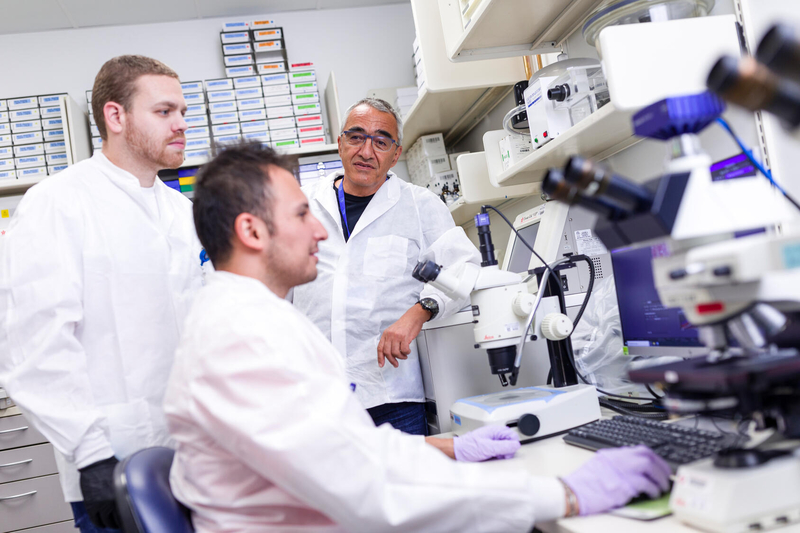
Introduction to Clinical and Translational Science (ICaTS)
Self-Paced Online
8/25/2025 - 8/25/2028
$200
10 hours
The course covers foundational concepts in clinical and translational research, including its phases and historical context. Learners will gain an understanding of research ethics, regulatory requirements, study design, and effective research communication. Key skills include developing research proposals, implementing evidence-based practice, and disseminating research findings.
Summary
The Introduction to Clinical and Translational Science (ICaTS) course is a comprehensive program designed to provide learners with a solid foundation in the principles, methods, and practical applications of clinical and translational research. Through a combination of engaging lectures and case studies, learners gain the foundational skills and knowledge needed to engage in impactful research that bridges the gap between bench and bedside.
Learning Objectives
At the end of this course, learners will be able to:
- Describe the significance of clinical and translational research, differentiate between its various phases and spectrum, and recognize the historical and contemporary contexts that shape this field.
- Recognize the ethical principles guiding clinical research, the role and responsibilities of the Institutional Review Board and the regulatory landscape that governs clinical and translational studies.
- Explain basic concepts in clinical trial design, biostatistics, and epidemiology, and describe how these principles apply to clinical and translational research.
- Identify the components of a comprehensive research proposal, recognize the importance of clear research objectives and hypotheses, and outline strategies for recruiting and retaining study participants.
- Outline how translational research findings are applied to clinical practice, summarize the process of implementing evidence-based interventions, and discuss the potential impacts on patient care and health outcomes.
- Summarize strategies for effectively communicating research findings to different audiences, including scientific peers, healthcare professionals, and the public, and explain the basic principles of dissemination and implementation science.
Access to this online course is available from the date of purchase until it expires on August 28, 2028.
The Introduction to Clinical and Translational Science (ICaTS) course is an online self-paced course that can be completed in approximately ten hours. The course is delivered in six modules:
- Introduction to Clinical and Translational Science
- Subjects and Participants in Translational Research
- Ethical Considerations in Clinical Research
- Regulatory Compliance and IRB Review
- Participant Recruitment and Retention
- Quantitative Methodology in Translational Research
- Quantitative Methodology in Translational Research (Epidemiology and Biostatistics)
- Basics of Bioinformatics
- Artificial Intelligence in Healthcare
- Critical Elements in Research Proposals
- Clinical Trial Design and Methodology
- Research Proposal Development
- Communicating Research
- Scientific Communication and Dissemination of Research Findings (30 minutes)
- Dissemination and Implementation Science
- Unique Attributes of Translational Research
- Translational Research in Clinical Practice: Success and Value
- Science of Team Science: Strategies for Success
- Innovative Trends in Clinical and Translational Research
To complete the ICaTS program, you must review all content, achieve a score of 80 percent or higher on the summative exam, and complete all surveys. You are awarded a certificate you can download, print, or share online upon fulfilling these requirements.
Technical Requirements
- Computer with internet access
- Speaker or headset
- Full sized monitor
- Web browser
This course is appropriate for learners at any level of clinical and translational science interest.
Learner Testimonials:
"I think this course was very valuable to me as someone who works in clinical research. It is interesting to me to see the work that goes into bridging clinical research and laboratory research. Being on just one side of the spectrum, we do not get a lot of insight about what happens before clinical trials get to us, so I liked that I learned in the course a little about why translational science is becoming mentioned more often and why it is important for us working in clinical trials and particularly for patient care. The course was structured well..."
"Modules were well organized, content was relevant and easy to digest for someone who does not have a strong research background."
"The course provided a strong foundation in how research translates into clinical practice. I especially appreciated the emphasis on ethical principles, trial design, and the real-world impact of translational research on patient care."
"[This course has] a holistic perspective and comprehensive understanding of clinical and translational research, along with its fundamental components, which will greatly help my further study."
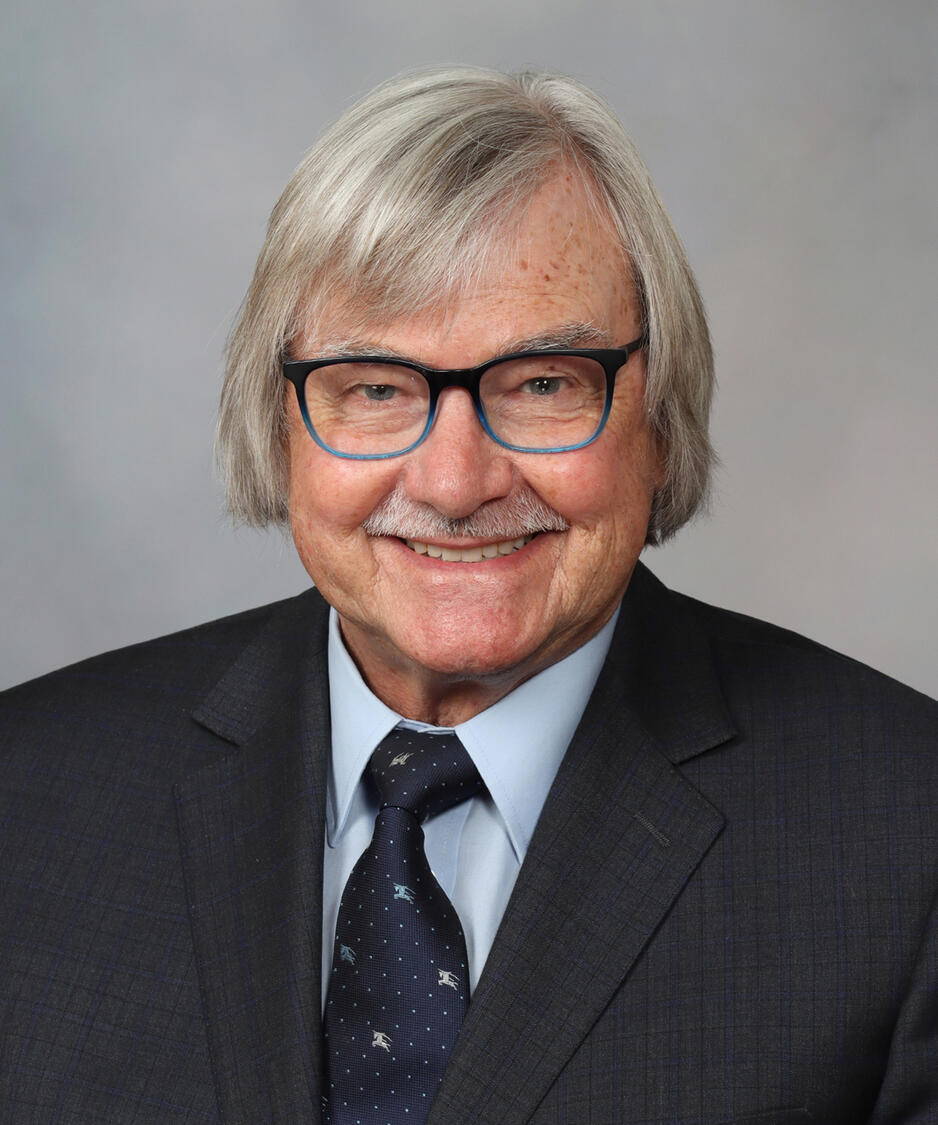 |
Anthony Windebank, M.D.Professor of NeurologySince 1980, Dr. Windebank has been involved in the design or conduct of more than 50 clinical trials and clinical studies. Dr. Windebank's laboratory coordinates the research activities of a multidisciplinary team with members from several departments. Dr. Windebank has published more than 400 scholarly articles or abstracts, including more than 220 full-length publications in peer-reviewed journals. |
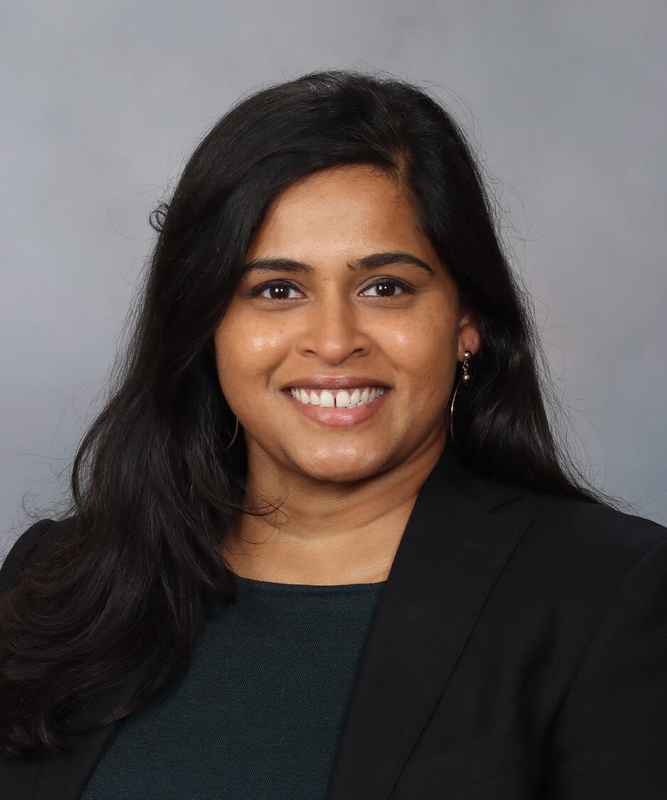 |
Shruthi Naik, Ph.D.Assistant ProfessorDr. Naik is an Assistant Professor and investigator in the Department of Molecular Medicine at Mayo Clinic, with educational appointments in the Clinical and Translational Sciences, virology, and Gene Therapy programs. Her PhD is in Biomedical Sciences from the Biochemistry and Molecular Biology program, with a focus on Cancer Biology. She has led translational studies to advance new oncolytic virus therapies to clinical trials. |
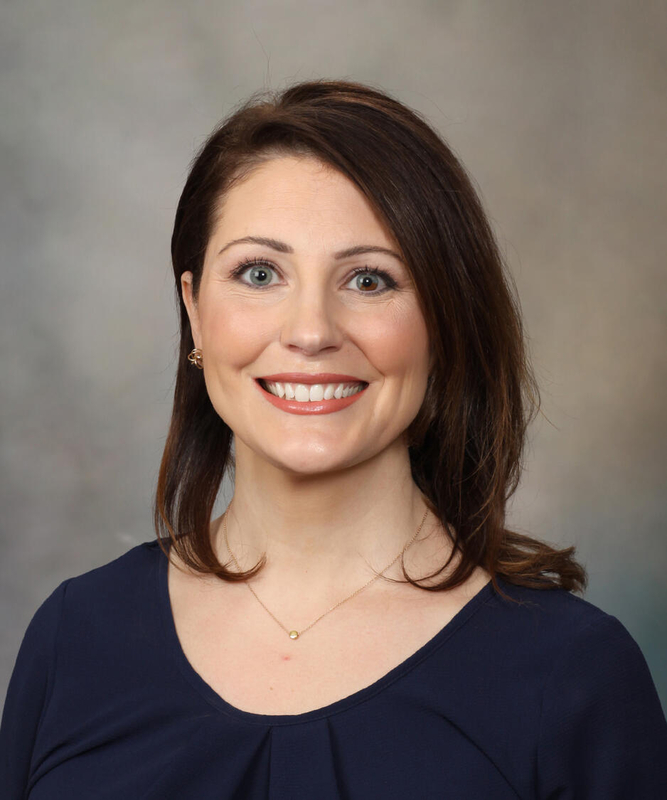 |
Jessica Hirsch, D. Bioethics, M.A., CIPInstructor of Biomedical Ethics, Mayo Clinic College of Medicine and ScienceDr. Jessica Hirsch is the Senior Education Specialist for the Biomedical Ethics Program and an Instructor of Biomedical Ethics within the Mayo Clinic College of Medicine and Science. She received her Doctorate of Bioethics from Loyola Medical School-Chicago and her Master of Arts in Bioethics from the Medical College of Wisconsin. She is CIP certified and has more than 12 years of research administration experience. |
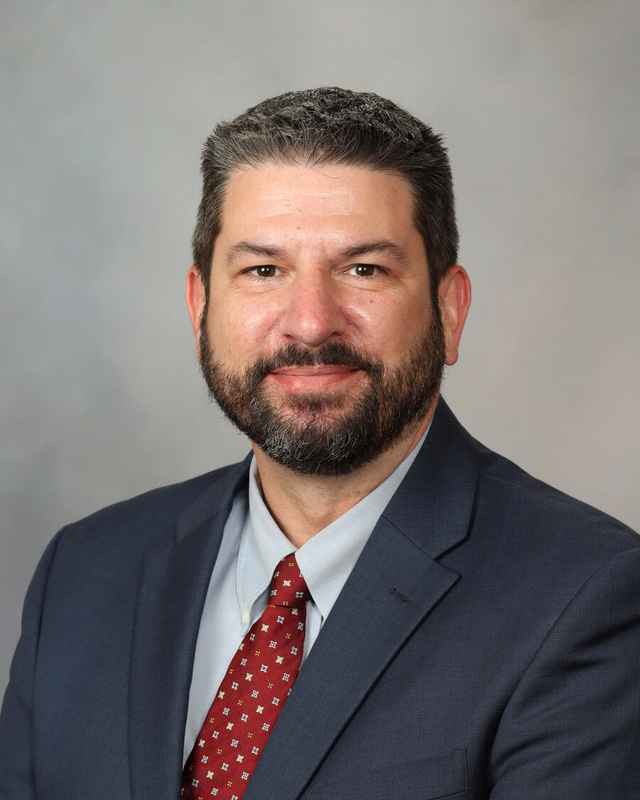 |
Drew Witter, M.S., RAC, CCRPRegulatory and Compliance Manager, Mayo Clinic Office of Research Regulatory SupportMr. Witter holds a master's degree from Drexel University in Clinical Research Organization and Management and certifications from the Regulatory Affairs Professional Society and Society of Clinical Research Associates. Drew is the co-director of the Introduction to Regulatory Science offered by the Mayo Clinic Graduate School of Biomedical Sciences. |
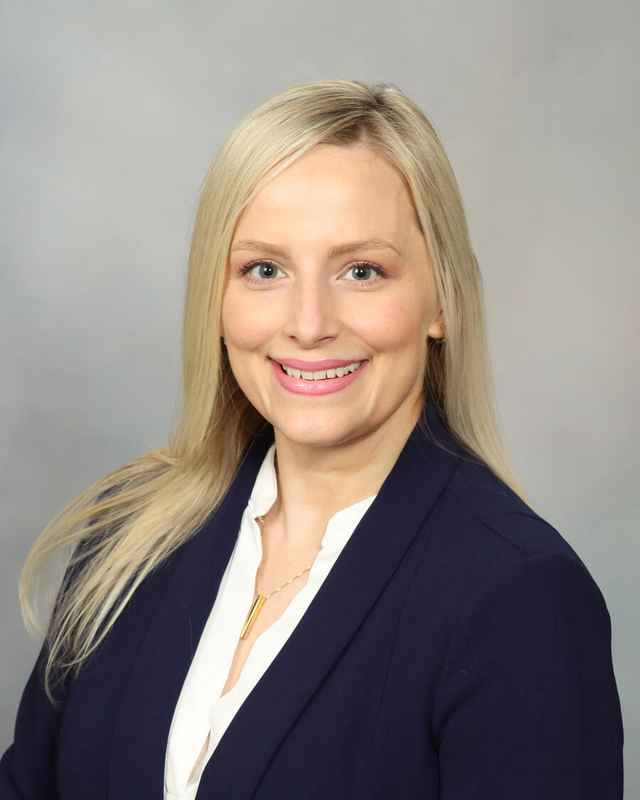 |
Sena Christianson, M.H.A., CCRPSenior Program Coordinator, Mayo Clinic Office of Clinical TrialsSena Christianson is a Senior Program Coordinator- Certified Clinical Research Professional (CCRP) at Mayo Clinic's Office of Clinical Trials (OCT), working as the project lead in Research Recruitment Services. She holds a Master of Healthcare Administration (MHA) from the University of Minnesota and a Bachelor of Science from St. Cloud State University in St. Cloud, Minnesota. Sena has 15 years of experience at Mayo Clinic in various areas, including the Office of Clinical Trials and the Department of Cardiovascular Surgery. |
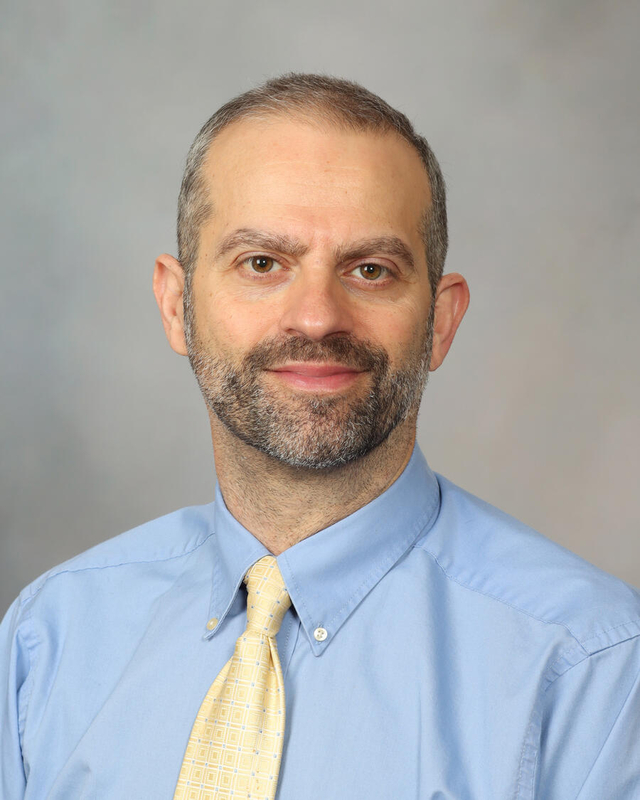 |
M. Hassan Murad, M.D.Professor of MedicineDr. Murad is a clinical epidemiologist who studies how evidence is generated, synthesized, appraised and applied. These activities can be collectively called evidence-based medicine or evidence-based healthcare practice. He directs the AHRQ designated Evidence-based Practice Center (EPC) at the Mayo Clinic, the fellowship program in Preventive Medicine and Public Health and the Master's Program in translational research. He is a co-founder of the US-GRADE Network and has more than 1,000 scientific publications and has participated in approximately 100 national/international clinical practice guidelines. |
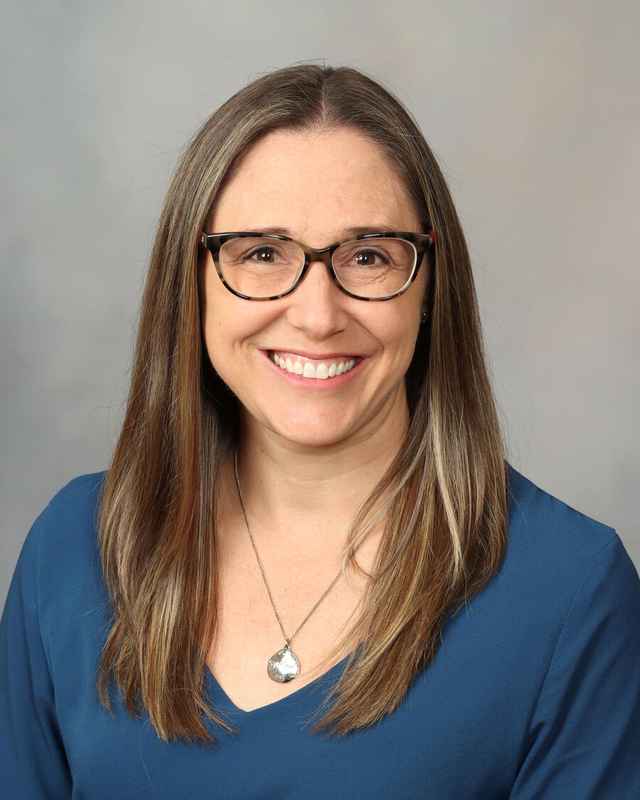 |
Stacey J. Winham, Ph.D.Associate Professor of BiostatisticsDr. Winham is a statistical geneticist interested in the genetic etiology of common, complex diseases. She develops statistical methods to identify genetic risk factors for diseases in high-dimensional data and applies those analysis methods to studies of psychiatric genetics, breast cancer and ovarian cancer. Her focus areas include statistical methods development, psychiatric disorders, ovarian cancer, breast cancer, and education. |
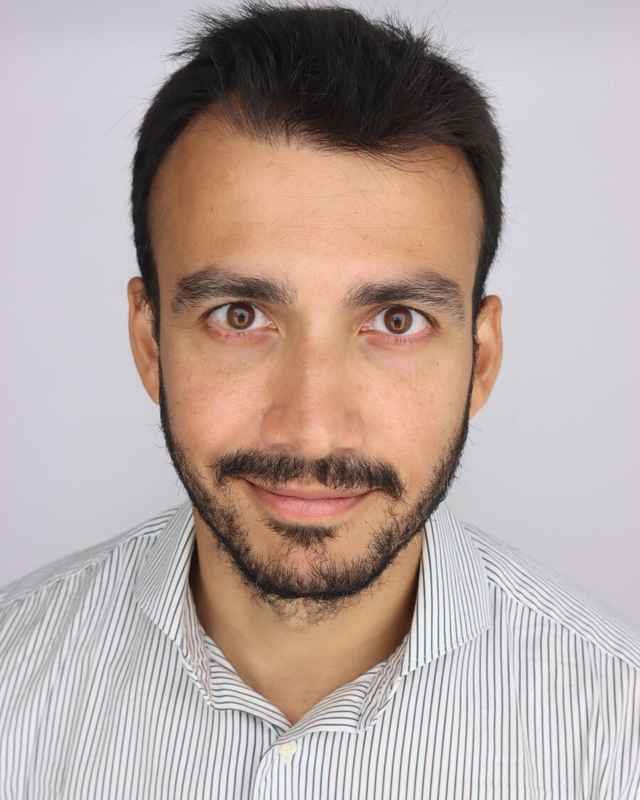 |
Vivekananda Sarangi, Ph.D.Principal BioinformaticianDr. Sarangi holds a Master's and Ph.D. in bioinformatics and has more than a decade of experience in the field. His expertise lies in DNA sequencing analyses, encompassing both bulk and single-cell sequencing. Currently, he serves as the Principal Bioinformatician at the bioinformatics core, where he leads the DNA analyses team. While he works on a range of disease types, his primary focus is on lymphomas, specifically diffuse large B-cell lymphoma (DLBCL) and follicular lymphoma (FL). Vivekananda also conducts focused research on somatic mosaicism and its role in normal development and various diseases. In addition to his research, he is an educator, teaching a course on bioinformatic concepts. |
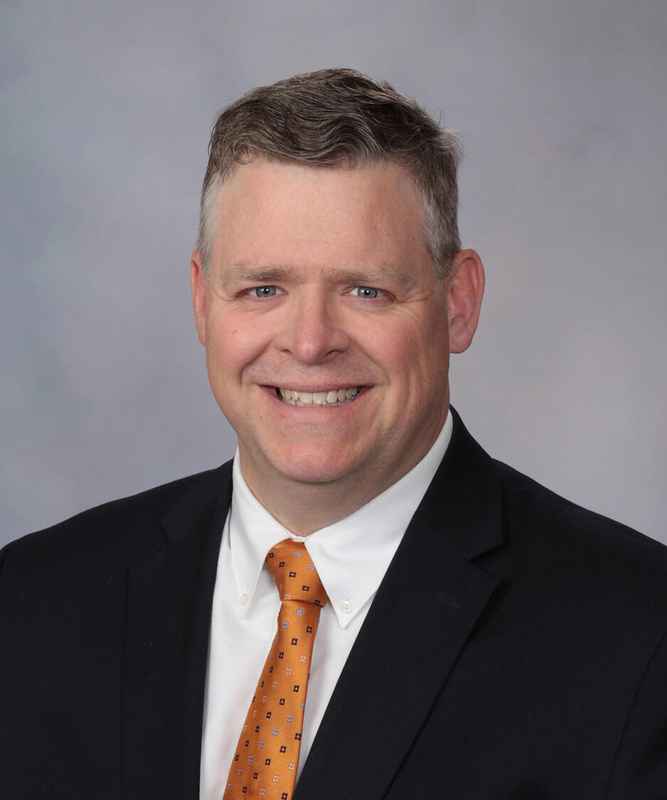 |
David R. Holmes, III, Ph.D.Professor of Biomedical EngineeringDr. Holmes studies the methods by which healthcare researchers analyze and interpret large data sets. Dr. Holmes is investigating new methods, which attempt to link disparate data sets and build computational models directly from the data. Dr. Holmes also studies the mapping of healthcare questions onto novel computational architecture. |
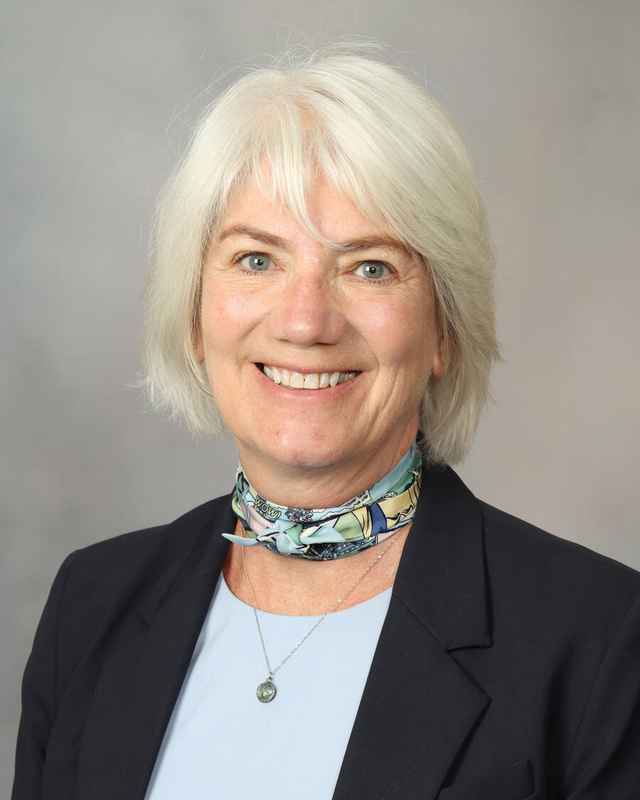 |
Karla V. Ballman, Ph.D.Professor of BiostatisticsDr. Karla V. Ballman, PhD, is a biostatistician with specialized knowledge in clinical trial design, biomarker development, and high-dimensional data analysis. She is focused on oncology research and is the Chair of the Division of Clinical Trials and Biostatistics at Mayo Clinic. She also holds a professorship in biostatistics at the Mayo Clinic College of Medicine and Science. |
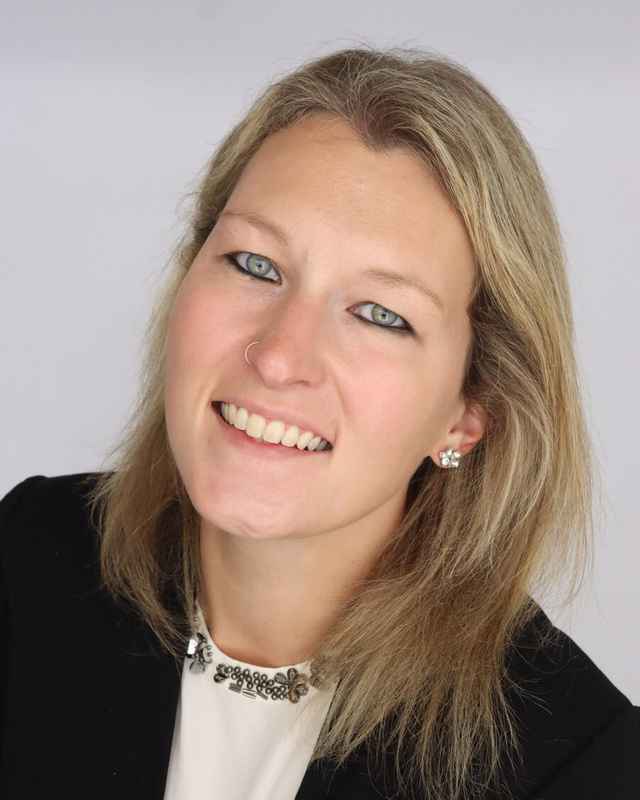 |
Kellyn Engstrom Pharm.D., R.Ph., M.P.H., BCEMPAssistant Professor of Emergency MedicineAssistant Professor of PharmacyDr. Engstrom has dual academic roles as an Assistant Professor of Emergency Medicine and Assistant Professor of Pharmacy in the Mayo Clinic College of Medicine and Science. She is passionate about educating all types of learners in the emergency department and is the Assistant Program Director for Mayo Clinic’s Emergency Medicine Pharmacy Residency. Dr. Engstrom has research interests in exploring pain, agitation, and sedation among special populations in the emergency department. |
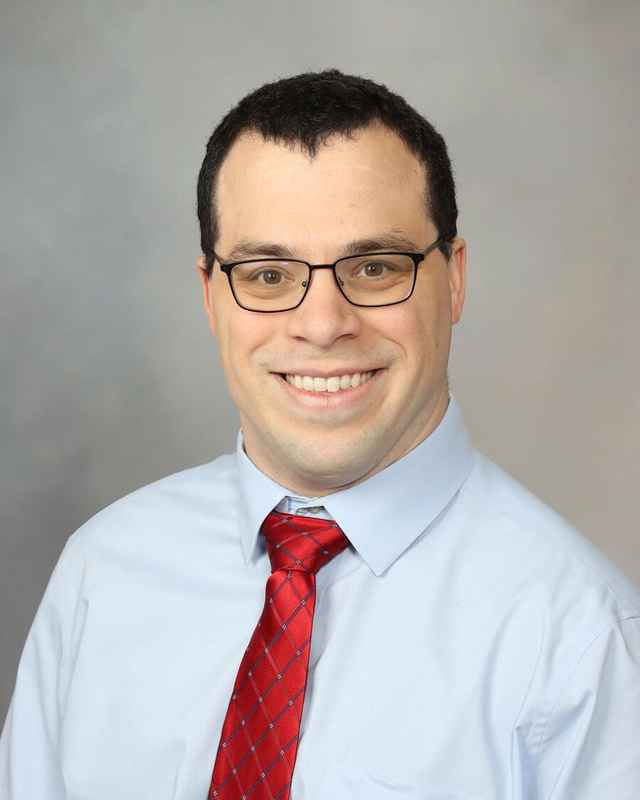 |
Mike Gionfriddo, Ph.D.Assistant Professor of Health Services ResearchDr. Gionfriddo is an Assistant Professor of Health Services Research and works as a Senior Health Services Analyst in the Knowledge and Evaluation Research Unit at Mayo Clinic in Rochester. He received his PharmD from Wilkes University and his PhD from Mayo Clinic. His work is focused on evaluating and improving the healthcare system with an emphasis on the clinical encounter. He has published more than 100 peer-reviewed publications, which have been cited more than 6000 times, and has an h-index of 36. |
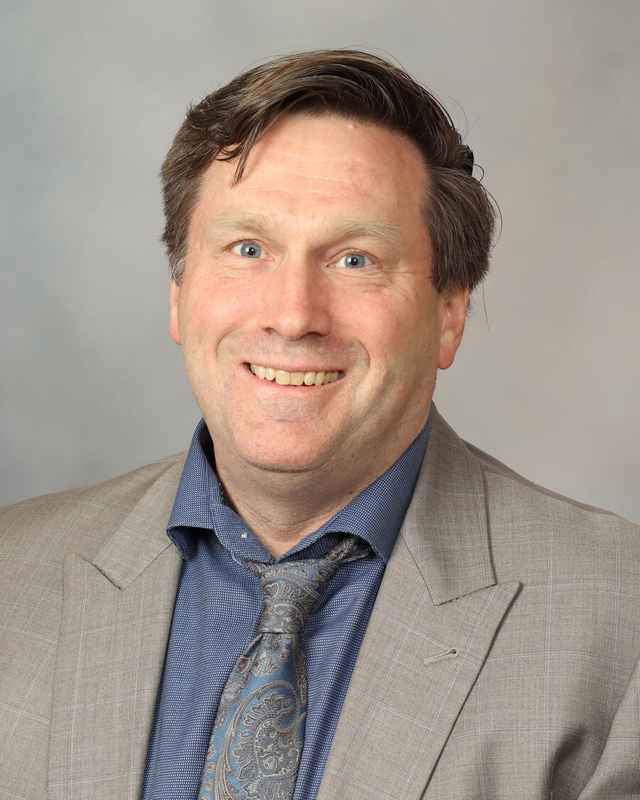 |
Chris Carpenter, M.D.Professor of Emergency MedicineDr. Carpenter is a resident trained in Emergency Medicine and Internal Medicine, a professor of Emergency Medicine, and vice chair of Implementation and Innovation at Mayo Clinic-Rochester. He is Deputy Editor-in-Chief of Academic Emergency Medicine and Associate Editor for both the Journal of the American Geriatrics Society and Annals of Internal Medicine’s ACP Journal Club. |
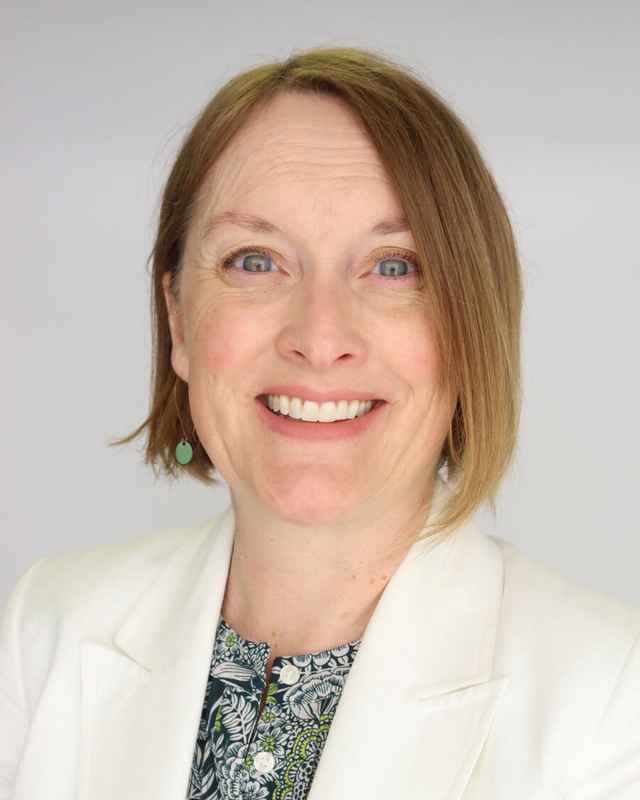 |
Jennifer Ridgeway, Ph.D.Associate Professor of Health Services ResearchDr. Ridgeway is a health services researcher and implementation scientist with qualitative and mixed-methods research expertise. Dr. Ridgeway is interested in methodological approaches that appreciate the complexity in healthcare and engage patients and care teams to improve care delivery. Dr. Ridgeway's research focuses on using networks, technology and collaboration to increase access to patient-centered, compassionate and evidence-based care close to home, especially for people with cancer and chronic conditions. |
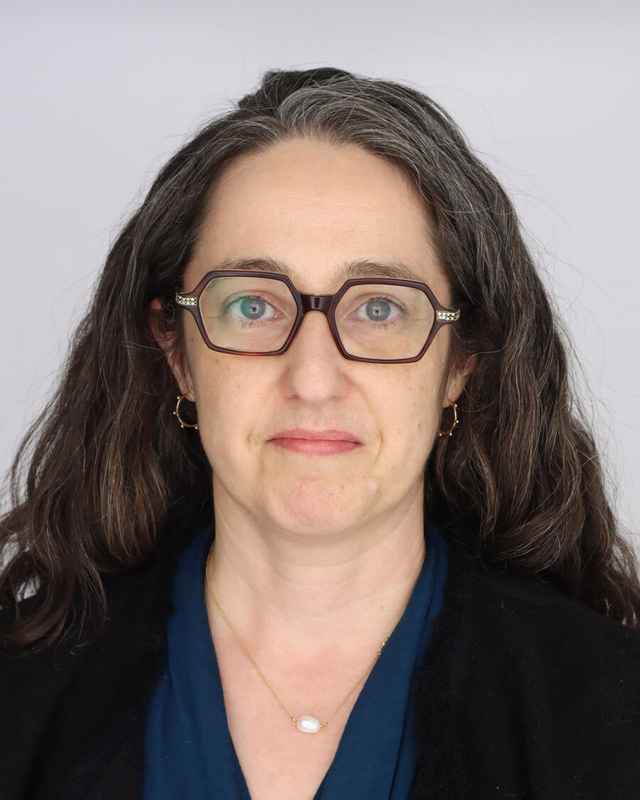 |
Molly Jeffery, Ph.D.Associate Professor of Emergency MedicineAssociate Professor of Health Services ResearchDr. Jeffery is a health economist and health services researcher at the Robert D. and Patricia E. Kern Center for the Science of Health Care Delivery. Dr. Jeffrey studies how people use healthcare and health insurance. Much of Dr. Jeffery's work involves using large databases of administrative data, including health insurance claims and electronic health records. |
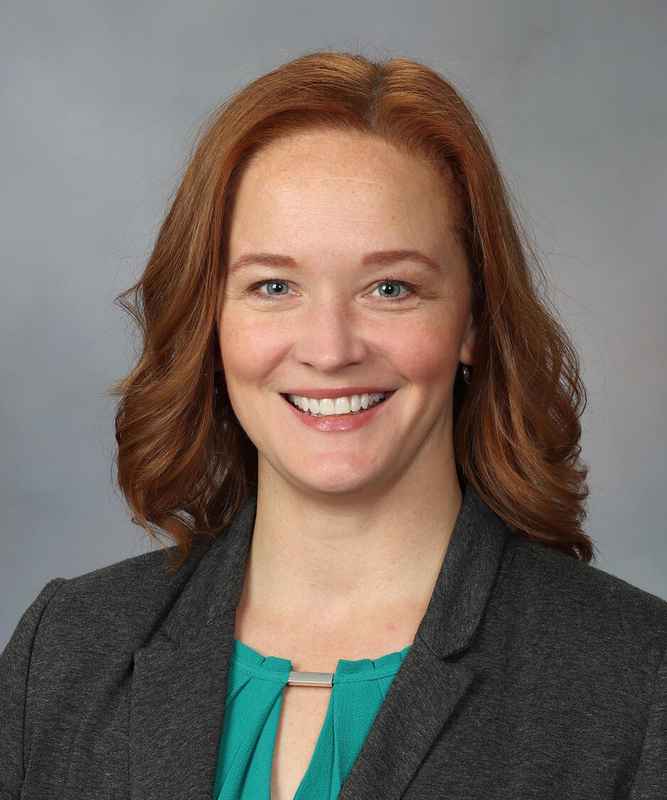 |
Margot Cousin, Ph.D.Assistant Professor of Medical GeneticsDr. Cousin aims to individualize therapeutic development and improve clinical trial readiness for people with rare genetic diseases. Her work goes from the bench to the bedside and uses a shared team-science approach to improve outcomes for individuals with rare diseases. Focus areas include disease models taken from individuals, antisense oligonucleotide development, and clinical trial readiness. |
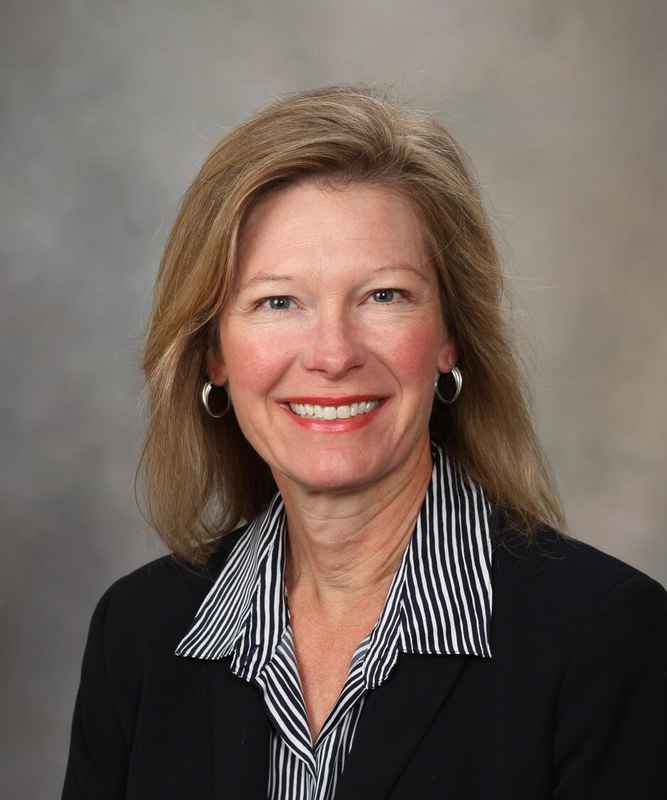 |
Heather Billings, Ph.D.Assistant Professor of Medical EducationDr. Billings is a Mayo Clinic career educator who works with an interprofessional team of educators and social scientists to create, facilitate and assess faculty and mentorship development programming. Her recent work includes referencing conceptual frameworks to guide the creation of team science education and resources to advance multidisciplinary effectiveness and outcomes across disciplines and organizational boundaries. |
Accessibility
Mayo Clinic College of Medicine and Science strives for fully accessible learning experiences. If you need disability-related accommodations, please contact the Office of Wellness and Academic Support – Disability Access Services at MCCMS.DS@mayo.edu or submit the Accommodation Request form.
Frequently Asked Questions
Who is the intended audience for this course?
This course is appropriate for learners at any level of interest in clinical and translational science.
Is the course geared toward participants internal to Mayo?
The content of this course is geared toward participants both internal AND external to Mayo Clinic.
Is a certificate issued upon completion of the course? If so, what kind?
Attendees will receive a certificate of participation.
Is there a discount for Mayo Clinic employees?
Yes, we are pleased to offer this course at a reduced cost to Mayo employees. Mayo employees should click Login along the top navigation and click on the Mayo Clinic Employee Sign in button. Next, navigate to the course page. The reduced price will be displayed at the bottom of the page. The reduced price will also display when the course has been added to the shopping cart.


